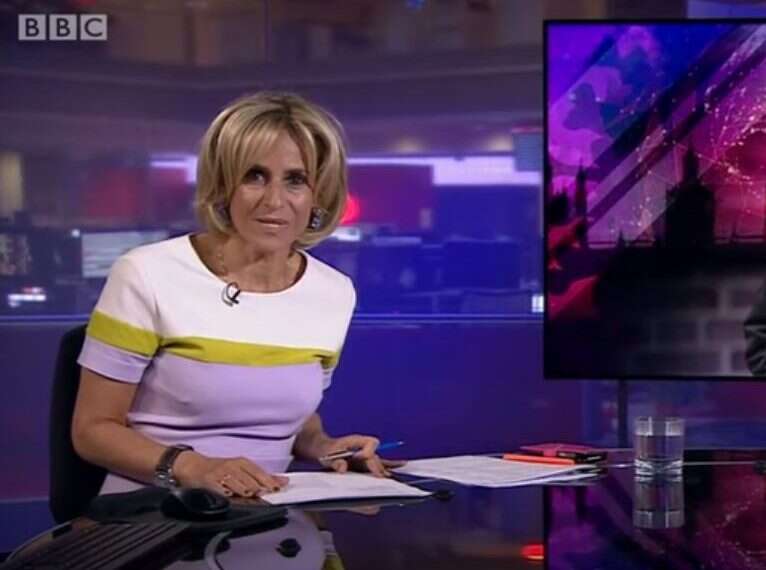
Ofcom has said “no further regulatory action” is required over Emily Maitlis’ controversial Newsnight monologue about Dominic Cummings’ lockdown trip to Durham.
But the broadcast regulator has reminded the BBC of the importance of making sure its presenters do not inadvertently reveal their personal views.
Maitlis said in her introduction to Newsnight on 26 May last year that Cummings “broke the rules”, had “made those who struggled to keep to the rules feel like fools”, that there had been a “deep national disquiet” over the incident, and that the Government had shown “blind loyalty” to the adviser in its response.
[Read more: Emily Maitlis says it was my decision not to appear on Newsnight after Dominic Cummings row]
The BBC quickly conceded that the monologue “did not meet the required standards on accuracy or impartiality” and its editorial complaints unit later said this was sufficient to resolve the issue.
Five people complained to Ofcom about the BBC’s response, two who said the BBC had not gone far enough and three who said the initial broadcast was accurate and the complaints should not have been upheld.
Ofcom said the Government’s position and other alternative views had been reflected at various points throughout the full programme, meaning no issues were raised under the sections of the Broadcasting Code requiring due impartiality in news reporting with particular reference to “matters of major political and industrial controversy”.
The regulator also looked at Rule 5.9 which states presenters of news programmes such as Newsnight cannot express their personal views on matters of political controversy.
It said Maitlis’ introduction had been short, about a minute long, and intended to set the scene for the subsequent segment, and noted that the BBC had concluded her comments were “a legitimate professional, rather than personal, opinion”.
But it also considered the fact her words were “highly critical” of Cummings and the Government, taking a particular position on events.
Ofcom said it had therefore given the BBC an “important reminder” that “when preparing programme introductions in news programmes, which are designed to catch the audience’s attention – particularly in matters of major political controversy – presenters should ensure that they do not inadvertently give the impression of setting out personal opinions or views”.
But given the steps already taken by the BBC, Ofcom said no further regulatory action is required and that the programme did not raise issues warranting investigation under the impartiality section of the Broadcasting Code.
The BBC issued a swift statement responding to the backlash that followed the initial broadcast, stating staff had been “reminded of the guidelines” around impartiality and that the corporation must “uphold the highest standards of due impartiality in its news output”.
The programme “should have done more to make clear the introduction was a summary of the questions we would examine, with all the accompanying evidence, in the rest of the programme,” it said.
Picture: BBC
Email pged@pressgazette.co.uk to point out mistakes, provide story tips or send in a letter for publication on our "Letters Page" blog
